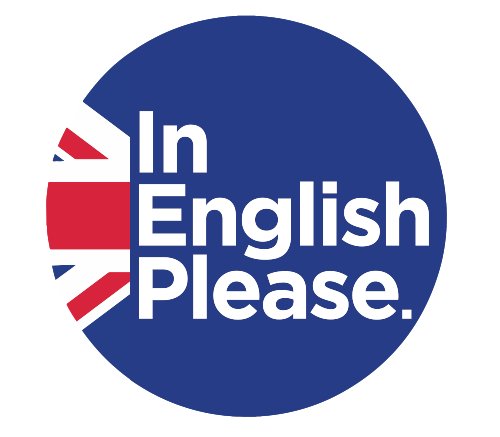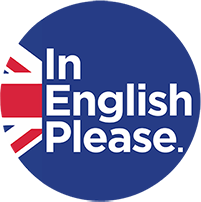Past simple

How to use the past simple
In this lesson we started to learn the past simple. Now we are going to see the verb to be in the past simple, questions and negative sentences.
If you want to practice and learn the irregular verbs, I recommend this special course about irregular verbs.
👉 Remember, we use the past simple to talk about ended actions. Usually there is a word that will indicate when: (yesterday, last month, on Tuesday, at 6 o’clock, in 2021…).
Keywords of past simple:
They are all specific dates! (NOT: this week/month/year… recently, lately etc. THESE ARE ALL PRESENT PERFECT MARKERS)
- yesterday,
- a week (month, year) ago,
- last (month, year, weekend, Monday) night,
- the day before yesterday,
- two days (months, years) ago.
Past simple of to be (ser/estar)
The past simple of the verb to be is irregular so pay attention! You can see it in this table.
- Tip: Just remember that it’s always were except for I and He/She/It.
| I was | I was tired yesterday. |
| You were | You were late for the meeting. |
| He/She/It was | He was my best friend. She was a talented musician. It was a sunny day. |
| We were | We were excited about the trip. |
| You were | You were good students in that class. |
| They were | They were surprised by the result. |
Asking questions in past simple
When you want to ask something in the past you have to think about one thing first. What is the main verb?
Let’s practice how to identify the main verb in these sentences:
It rained yesterday. Main verb: Rain
She was busy preparing for the exam. Main verb: To be
You studied hard for the exam. Main verb: Study
They watched a movie at the cinema. Main verb: Watch
The books were on the table. Main verb: To be
Questions with to be
When the main verb is to be, questions look like:
Affirmation: She was busy preparing for the exam. Question: Was she busy preparing for the exam?
Affirmation: The books were on the table. Question: Were the books on the table?
More examples of questions with to be:
Were you at the concert last night? ¿Estuviste en el concierto anoche?
Was she happy with her birthday surprise? ¿Estaba contenta con su sorpresa de cumpleaños?
Was he nervous before the job interview? ¿Estaba nervioso antes de la entrevista de trabajo?
Were they good students? ¿Eran buenos estudiantes?
If the question is negative, add n’t after to be:
Wasn’t he nervous before the job interview? ¿No estaba nervioso antes de la entrevista de trabajo?
Weren’t they good students? ¿No eran buenos estudiantes?
Questions with other verbs
When the main verb is other verb (not to be), questions look like: Did + subject + verb.
Note that the verb is in infinitive! It’s DID that indicate that it’s the past.
Did it rain yesterday? ¿Llovió ayer?
Did you study hard for the exam? ¿Estudiaste mucho para el examen?
Did she read the book before watching the movie? ¿Leyó el libro antes de ver la película?
Did they visit the museum last weekend? ¿Visitaron el museo la semana pasada?
If the question is negative, change did for didn’t:
Didn’t you play any sports in high school? ¿No hacías ningún deporte en el instituto?
Didn’t John and Mary meet for coffee yesterday? ¿John y Mary no quedaron ayer para tomar café?
By the way, you are doing great learning grammar with this course! You can also learn vocabulary and expressions as with our Youtube channel.

